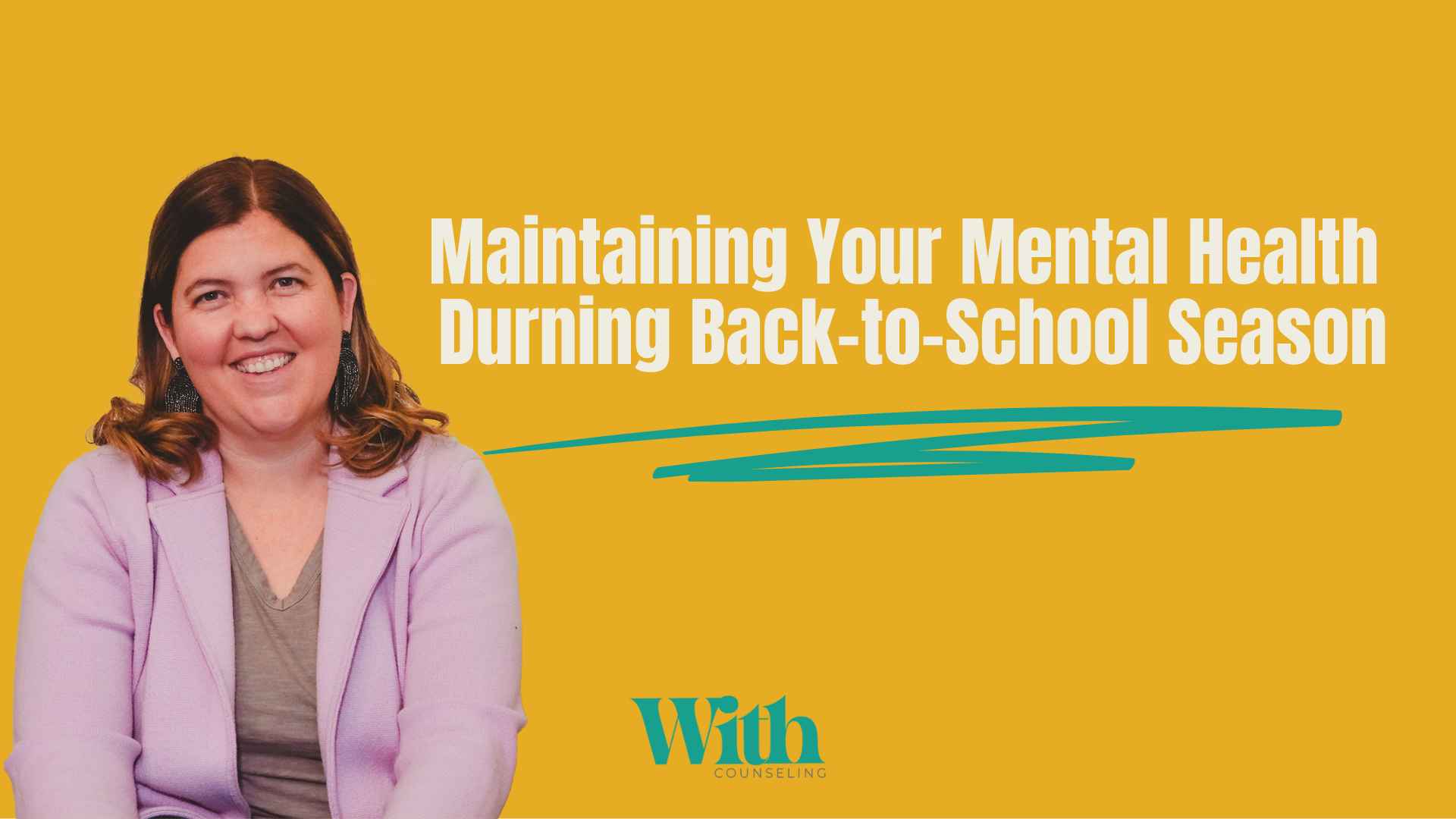
Supporting Your Family’s Mental Health During Back-to-School Season
As summer draws to a close and back-to-school season approaches, many families find themselves in the midst of a significant transition. While this is an annual shift, it still brings about emotional and mental health challenges for both parents and children. The return to routine, new class assignments, and the overall adjustment period can feel overwhelming. But with some intentional strategies, families can navigate this transition with greater ease and emotional well-being.
Recognizing Back-to-School as a Major Transition
We often associate major life transitions—such as moving or changing jobs—with the need for mental health support. However, the back-to-school period is also a significant transition that impacts daily routines, emotional states, and family dynamics. While structure and routine can be beneficial, the abrupt shift from summer’s flexibility to a school schedule can be jarring. Acknowledging this reality allows us to prepare proactively rather than reactively.
Meeting Your Child’s Emotional Needs
One of the first emotional hurdles children face is the uncertainty of class assignments and friendships. If your child isn’t placed in a class with their best friend, it’s natural for them to feel disappointed. Instead of immediately encouraging them to “look on the bright side” or “make new friends,” try validating their feelings:
“I know it’s really tough not being in class with your best friend. It’s okay to feel sad about that.”
By holding space for their emotions, you allow your child to process their feelings in a healthy way, fostering emotional resilience.
Managing Expectations for a Smooth Transition
Many parents expect their family to find a rhythm within the first week of school. However, in reality, it often takes four to six weeks to fully adjust. Kids (and parents) may feel more tired, irritable, and overwhelmed during this period. Instead of setting unrealistic expectations, give yourself and your family grace, acknowledging that it’s a process. Knowing that balance will eventually be restored can help alleviate frustration.
Practicing Positive Self-Talk
As parents, we can be our own harshest critics. A simple yet powerful strategy for maintaining mental health is to assess your self-talk. Ask yourself: Would I speak to a dear friend the way I speak to myself? If not, consider shifting your inner dialogue to be more compassionate and encouraging.
Keeping Things Simple and Practical
The first few weeks of school aren’t the time to implement complex organizational systems or elaborate meal plans. Instead, opt for easy, low-pressure solutions:
- Plan simple, familiar meals that don’t add unnecessary stress.
- Keep extracurricular activities to a minimum as everyone adjusts.
- Create realistic routines without overwhelming yourself or your children.
- Recognize that your kids may need extra downtime after school.
If your child needs 30-45 minutes to decompress alone or watch a little extra TV during this transition, that’s okay. Knowing your child’s unique needs allows you to support them effectively.
Building in Recovery Time
The first Friday after school starts? That’s a takeout and movie night. The first weekend? Keep it low-key. Kids (and parents) need time to rest and recharge, especially after a demanding week. Setting boundaries around family downtime can prevent burnout and support overall well-being.
A Gentle Reminder: Grace Over Perfection
There’s no single “right” way to navigate back-to-school season. Whether you color-code schedules or take a more relaxed approach, the most important thing is to prioritize emotional well-being. Perfection isn’t the goal—supporting yourself and your family through a transition is.
As you step into this new season, remember to extend grace to yourself and those around you. With a little patience, preparation, and self-compassion, you and your family can navigate this transition with greater ease and confidence.
How does your family support mental health during back-to-school season? We’d love to hear your strategies!
